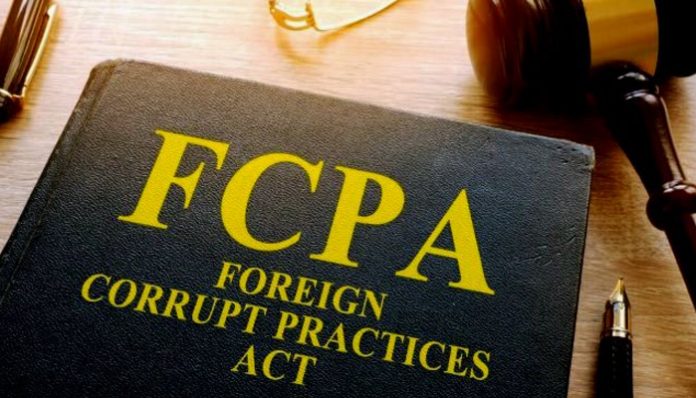The recent executive order from President Donald Trump temporarily suspending the Foreign Corrupt Practices Act (FCPA) has stirred controversy among business and legal circles. While the administration claims the measure aims to reduce regulatory burdens and enhance the competitiveness of U.S. companies, critics warn it could undermine progress in the fight against corporate corruption. Information sourced from IAE Center for Governance and Transparency.
The suspension means that the Department of Justice (DOJ) will not initiate new investigations under the FCPA and will review ongoing cases to “restore appropriate limits on its application.” Even though the law has not been repealed and investigations could resume in the future, the pause in its enforcement creates uncertainty about how anti-corruption regulations will evolve in the U.S. and their impact on the global business sector.
Trump Suspends the FCPA and Corrupt Elites Rejoice
Compliance experts caution that, even with the FCPA suspended, businesses will remain susceptible to penalties in other jurisdictions, especially in Europe and Latin America, where similar regulations are still in effect. Additionally, the Securities and Exchange Commission (SEC) may still intervene in cases related to inadequate internal controls and fraudulent accounting reports.
From a strategic perspective, Trump’s measure also reflects a shift in the DOJ’s priorities, which will now focus its efforts on combating transnational organized crime and drug cartels. However, some analysts suggest that suspending the FCPA could encourage corrupt practices in emerging markets, weakening the U.S.’s position in promoting ethical standards in international business.
In this new landscape, companies will need to determine whether their commitment to compliance and business ethics is genuine or merely strategic. Without the pressure from the FCPA, corporate integrity may be at risk, testing the true extent of the compliance culture within organizations.
